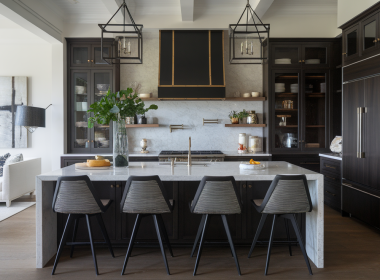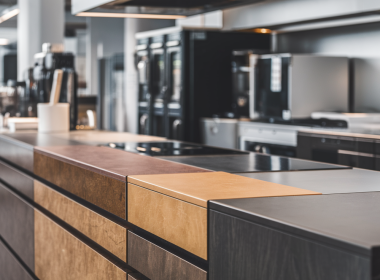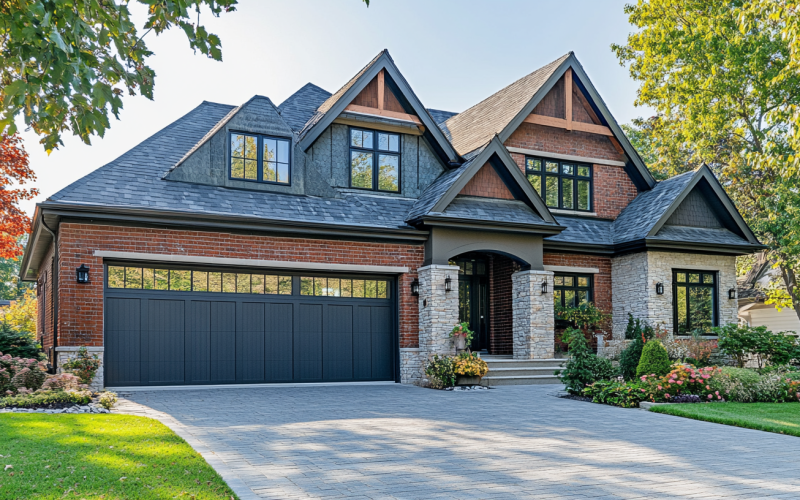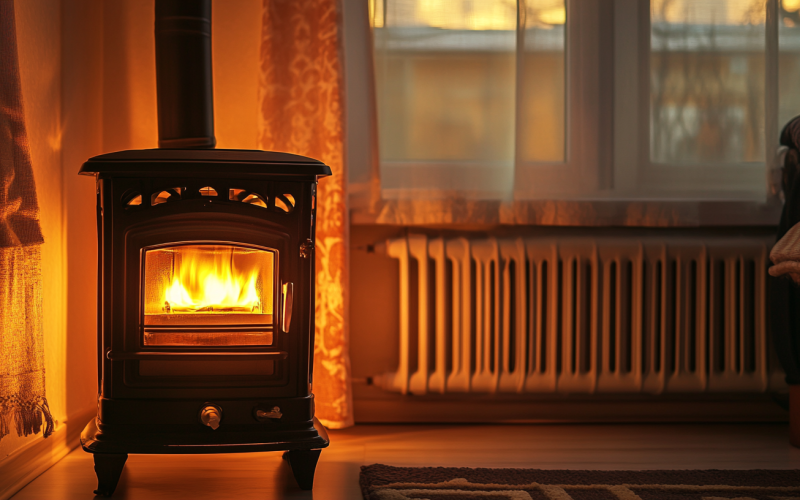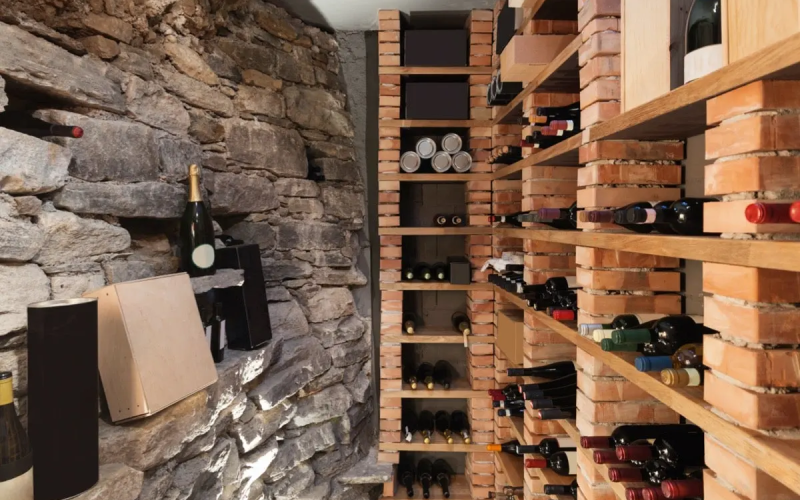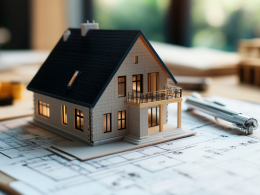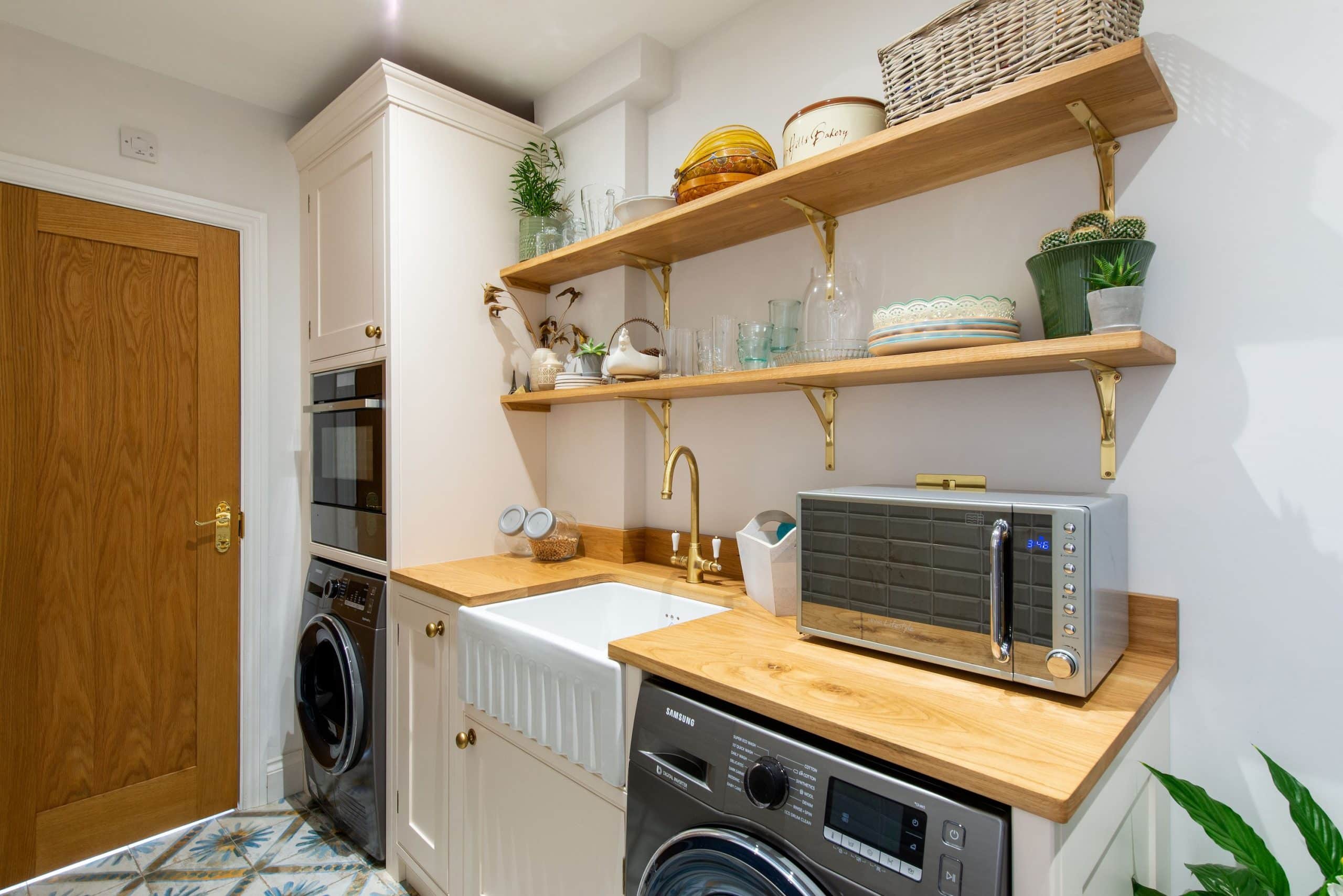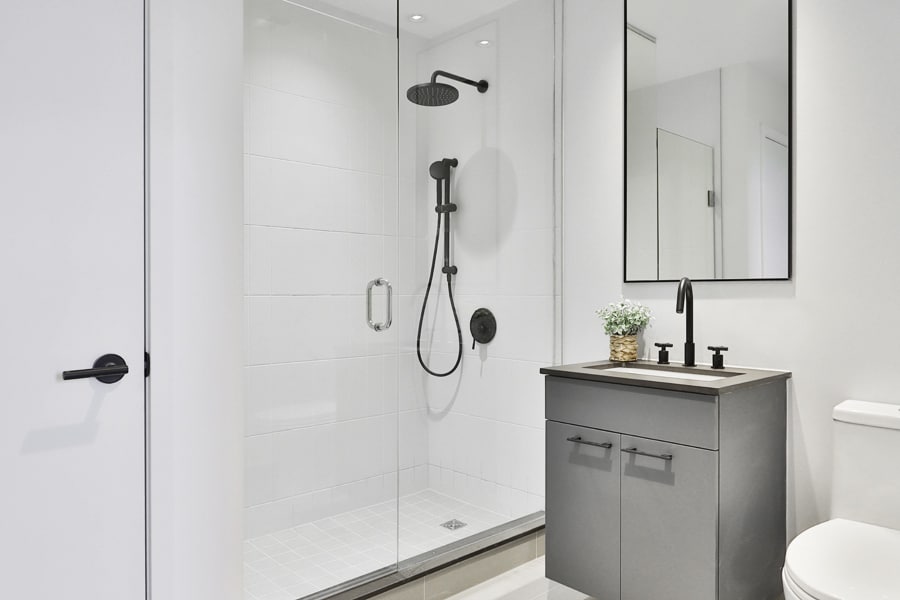Choosing the perfect garage door involves considering material, style, insulation, and security features. Assess durability and maintenance needs for wood, steel, or aluminum materials. Match the door style to your home’s architecture. Opt for insulated doors for energy efficiency and enhanced comfort, and prioritize security features for safety.
Assessing Your Needs
Before selecting a garage door, it’s crucial to understand its primary purpose. Determine if it’s for vehicle entry, workshop access, or additional storage space. This assessment will help you choose a door that meets your needs. Consider the frequency of use, such as high-frequency operation or durability for long-term storage.
For optimal results, consider professional garage door installation. Assessing these factors early on can prevent regrets later. Consider your future needs; your garage door should adapt to your evolving lifestyle.
Exploring Materials
Garage doors come in wood, steel, aluminum, and fiberglass, each with pros and cons. Understanding these materials can help make a decision, as wood offers a classic look but requires more maintenance, while steel is durable and low-maintenance.
Wood
- Pros: Aesthetic appeal, customizable. Wooden garage doors are renowned for their natural beauty and elegant finishes. They may be made into various forms and stained or painted to fit the exterior of your house.
- Cons: It requires regular maintenance and is susceptible to weather damage. Wooden doors can warp, rot, or crack if not properly maintained, making them less ideal for areas with harsh weather conditions.
Steel
- Pros: Durable, low-maintenance. Steel garage doors are quite popular among homeowners because of their exceptional strength and ability to endure harsh weather.
- Cons: Steel doors are susceptible to rust if not properly coated. To prolong their lifespan, ensure the steel door has a rust-resistant coating, especially if you live in a coastal area where salt in the air can accelerate corrosion.
Aluminum
- Pros: Lightweight, rust-resistant. Aluminum garage doors are well-known for their modern designs and sleek appearance. They are less likely to corrode, making them ideal for humid climates.
- Cons: Dents easily and may provide less insulation. These doors can be less durable than steel and may require more frequent repairs to maintain their appearance.
Fiberglass
- Pros: Fiberglass doors are lightweight and resistant to salt air. They are an excellent alternative for coastal areas and may be made to appear like wood.
- The cons are that it can be brittle in cold climates and is less insulated than other materials. While it performs well in mild climates, it may crack in extreme cold, and its insulation properties are generally lower than those of other options.
Understanding Insulation Needs
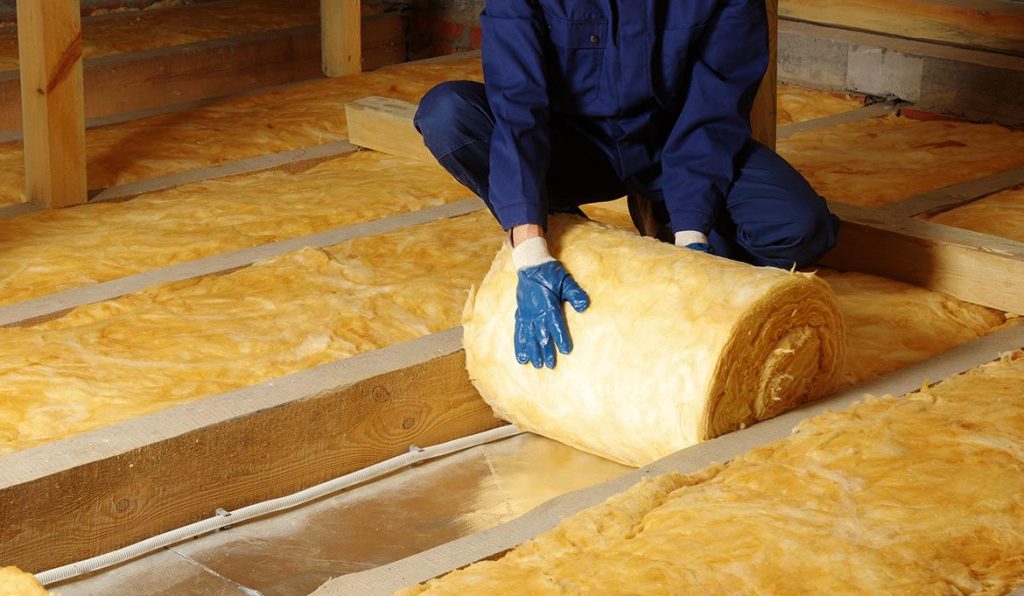
Insulated garage doors are crucial for maintaining temperature control and energy efficiency. They enhance comfort and functionality by maintaining warmth in the garage during winter and coolness in summer.
Insulated doors also prevent heat loss in winter and keep heat out in summer, contributing to the home’s overall energy efficiency. The R-value indicates Better insulation, which gauges the door’s thermal resistance.
Consider factors like time spent in the garage and temperature-sensitive items stored there. An insulated garage door can protect belongings and increase the home’s energy efficiency.
Considering Style and Design
The aesthetic appeal of your garage door dramatically influences your home’s curb appeal. Modern designs offer sleek lines and minimalist looks, while carriage-style doors provide a rustic feel.
Choose a design that goes well with your home’s architectural style for a unified appearance. Home improvement websites and magazines inspire modern garage door designs.
Choose from various windows, colors, and finishes to customize your look. Consider the door’s placement relative to other elements of your home’s exterior, such as front doors or shutters, to create a unified look or make a bold statement.
Evaluating Security Features
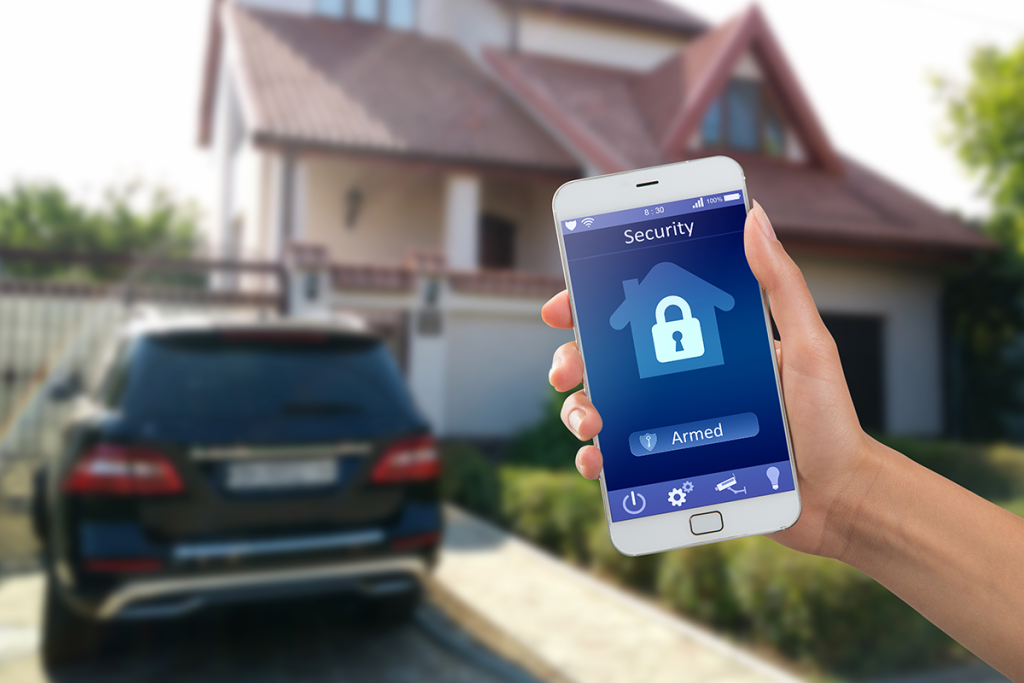
Consider features like secure locking mechanisms and strong materials when choosing a garage door. Smart garage door openers connected to your home security system can provide additional protection. Technological advancements offer peace of mind by enabling remote monitoring and control.
Anti-theft features like tamper-resistant brackets and secure locking bars are also essential. Reinforced steel doors and heavy-duty hardware further enhance security. Integrating your garage door with your home security system, including intelligent openers with built-in cameras and motion detectors, can improve home security.
Checking for Warranty and Support
A good warranty is crucial for a door’s long-term reliability. It should cover all the door’s essential parts, including the opener, springs, and hardware.
Several manufacturers provide service plans or extended warranties for routine upkeep and repairs. Research the manufacturer’s reputation for customer service and read reviews from other homeowners to ensure quick and efficient resolution of issues.
Choosing a door with excellent post-purchase support and maintenance services can save you headaches and additional costs.
Budgeting Effectively
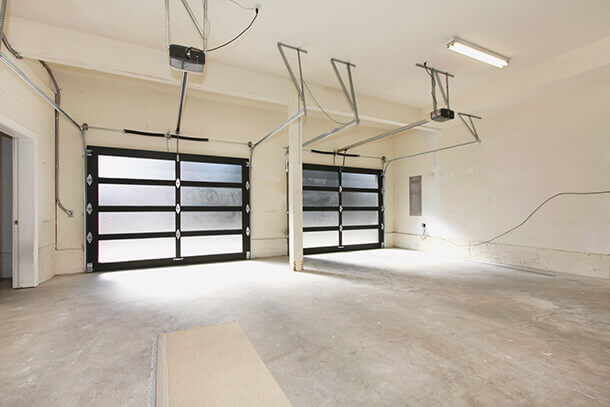
Garage door costs vary significantly, but investing in high-quality doors can lead to durability and less frequent repairs. When setting a budget, consider future maintenance and potential repairs.
Examine pricing offered by various manufacturers and consider the whole value because a more significant initial investment may save maintenance expenses and repair charges.
Factor in additional costs like installation and upgrades to your opener, as some doors may require specialized openers or additional hardware. Planning your budget carefully allows you to get the best value for your money without compromising quality or safety.
Professional Installation and Maintenance
Choosing a skilled garage door installer is wise because it guarantees efficient functioning and promptly resolves potential problems.
Regular maintenance check-ups and proper installation can prolong the garage door’s lifespan and prevent costly repairs. A professional installer balances the door, installs the opener correctly, and ensures safety features function properly.
Regular maintenance, including lubricating moving parts, checking for wear and tear, and testing safety features, can keep the door in top condition. Manufacturers recommend annual maintenance checks, and some offer service plans to help maintain the door’s performance.


